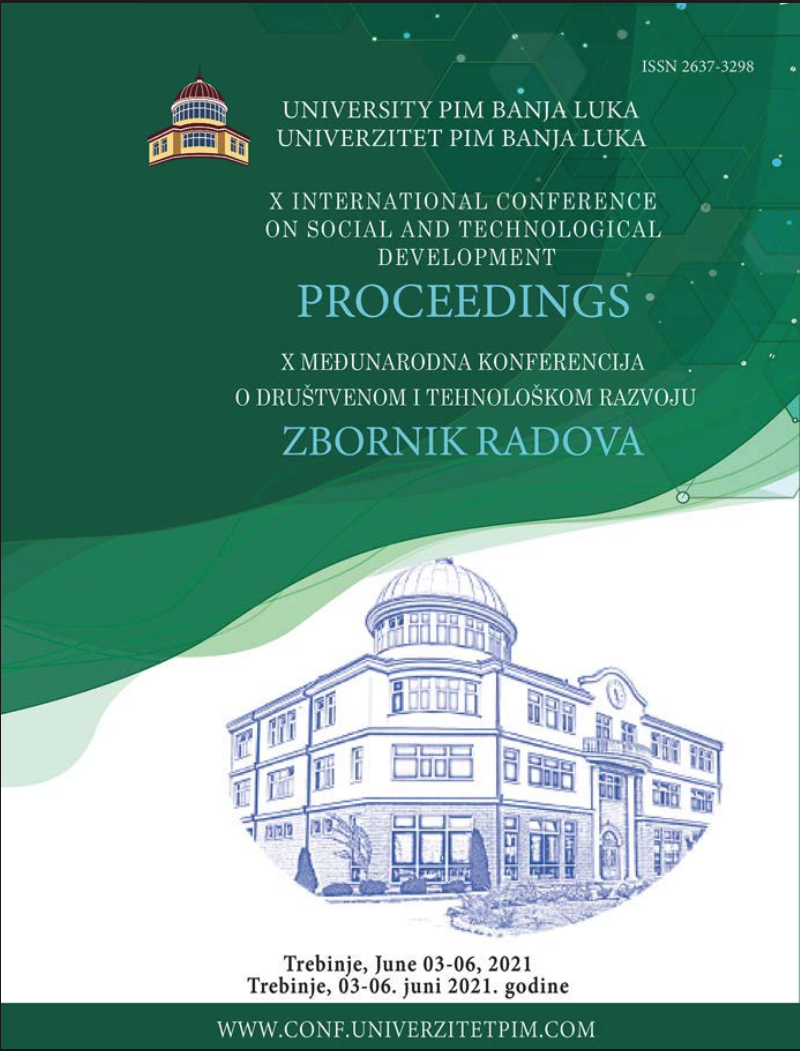
This is an open access article distributed under the Creative Commons Attribution License which permits unrestricted use, distribution, and reproduction in any medium, provided the original work is properly cited.
Faculty of Law, University of Belgrade , Belgrade , Serbia
Academy of Vocational studies Sabac , Šabac , Serbia
Academy of Vocational studies Sabac , Šabac , Serbia
Negotiations with the World Trade Organization and membership in it represent one of the de facto conditions for membership in the European Union, which is the basic goal of our foreign policy. In the first part of the paper, the authors discussed the historical aspect of Serbia's current position in the World Trade Organization, and the reasons why Serbia, although a signatory to the General Agreement on Customs and Trade, is now only an observer in the World Trade Organization. The second part of the paper is dedicated to a specific part of the negotiations concerning the environment, i.e. whether Serbia's membership in the World Trade Organization depends exclusively on the adoption of regulations governing the field of genetically modified organisms, i.e. what are the conditions that Serbia needs to meet for full membership, through a review of substantive regulations and international acts. The third part of the paper points to the problems faced by the Republic of Serbia in internal environmental protection, with an emphasis on farming, while the last part of the paper is dedicated to potential solutions to problems that arise during the negotiations.
World Trade Organization (WTO), General Agreement on Tariffs and Trade (GATT), environment, environmental impact
The statements, opinions and data contained in the journal are solely those of the individual authors and contributors and not of the publisher and the editor(s). We stay neutral with regard to jurisdictional claims in published maps and institutional affiliations.